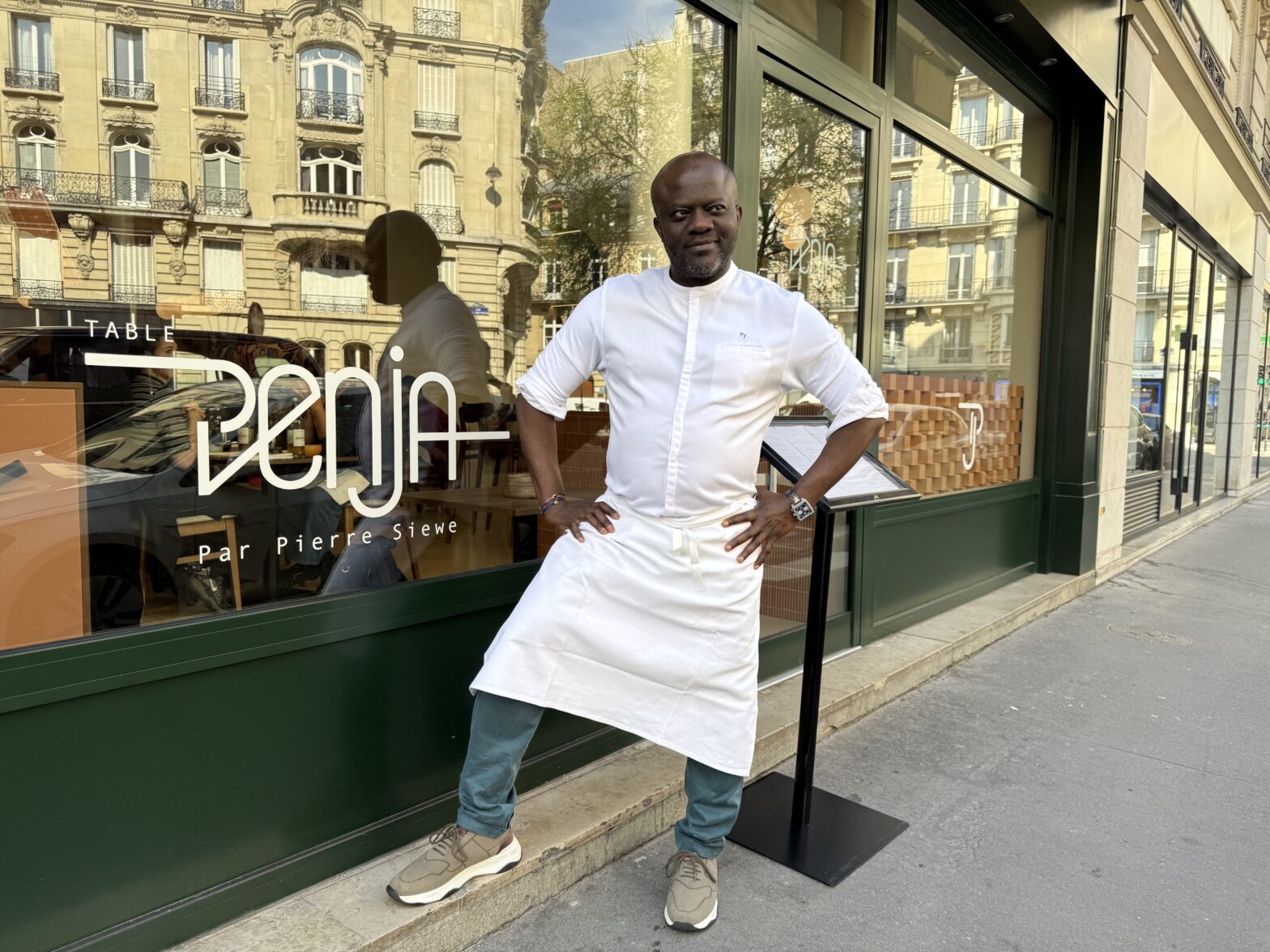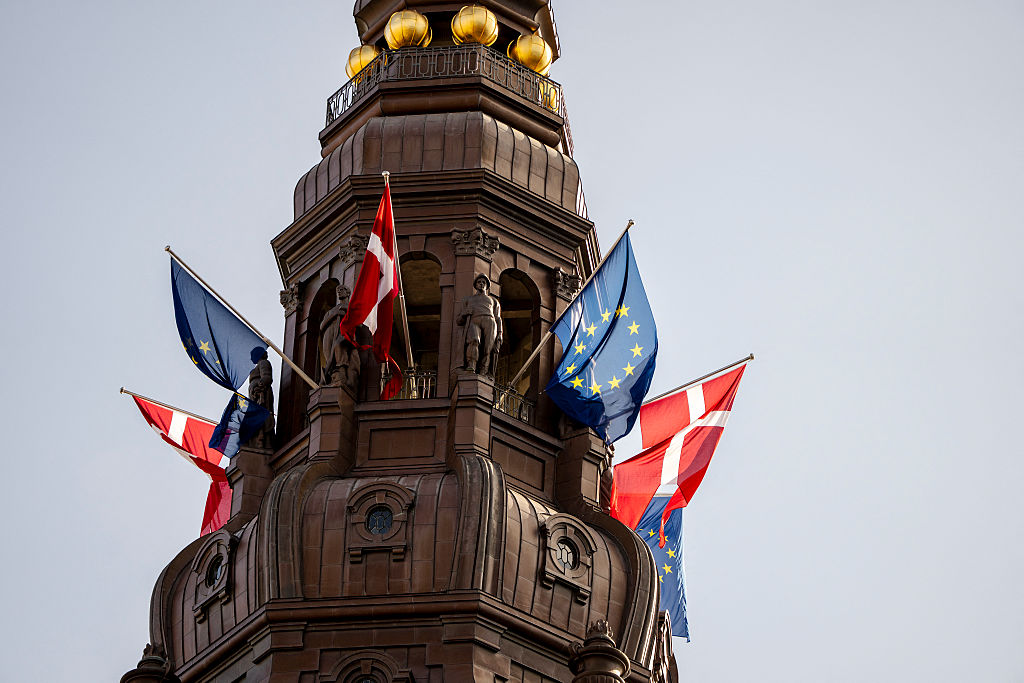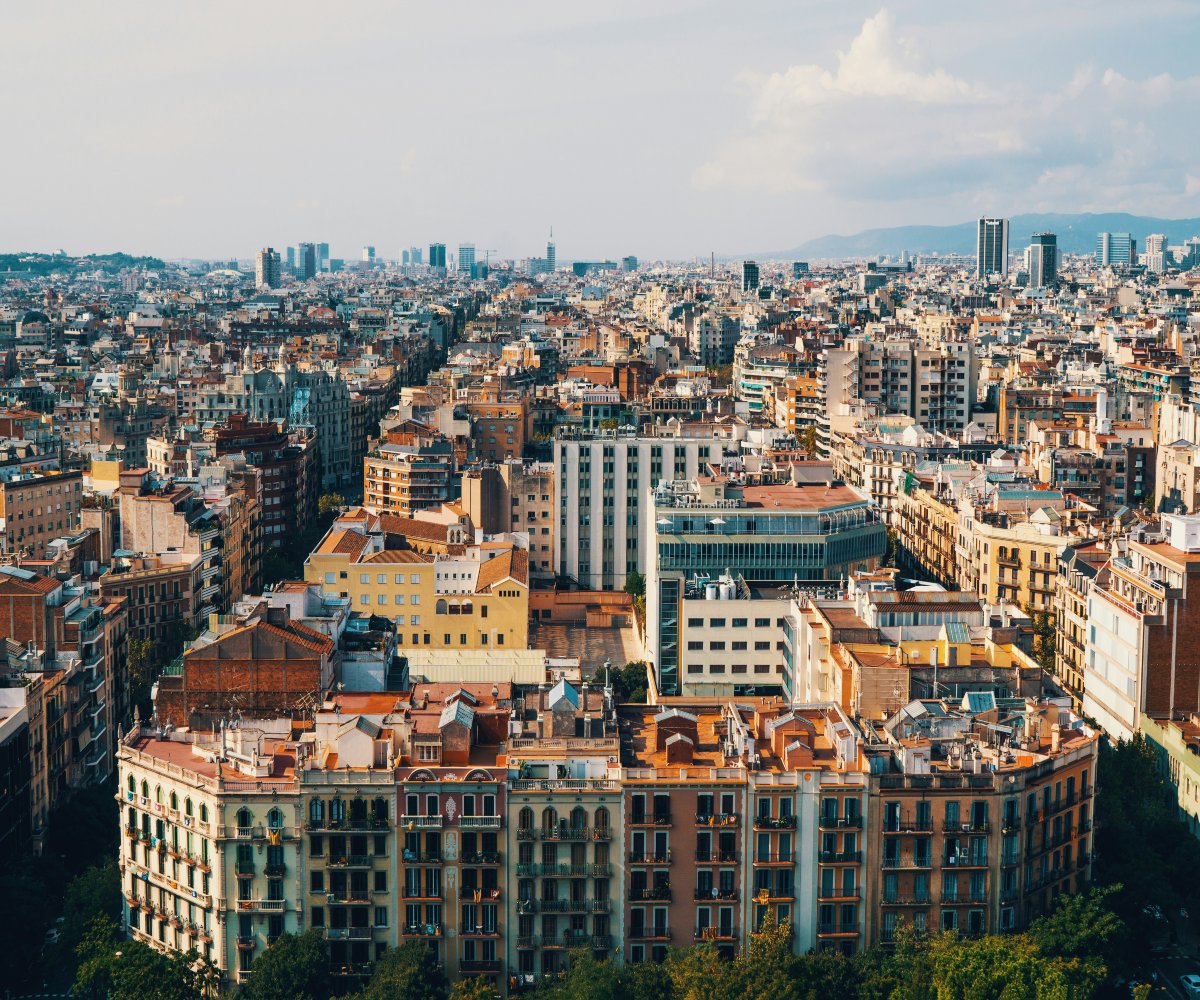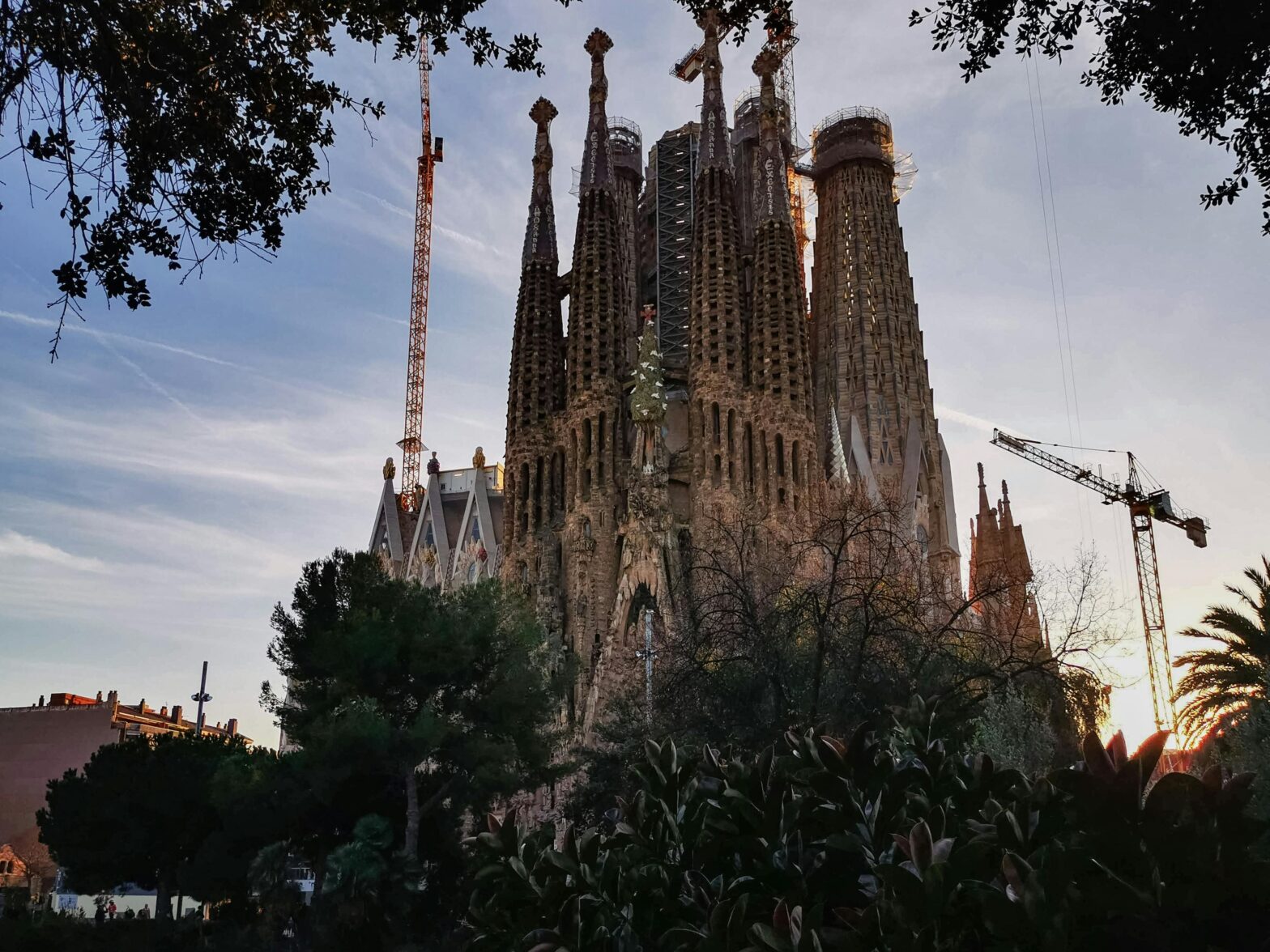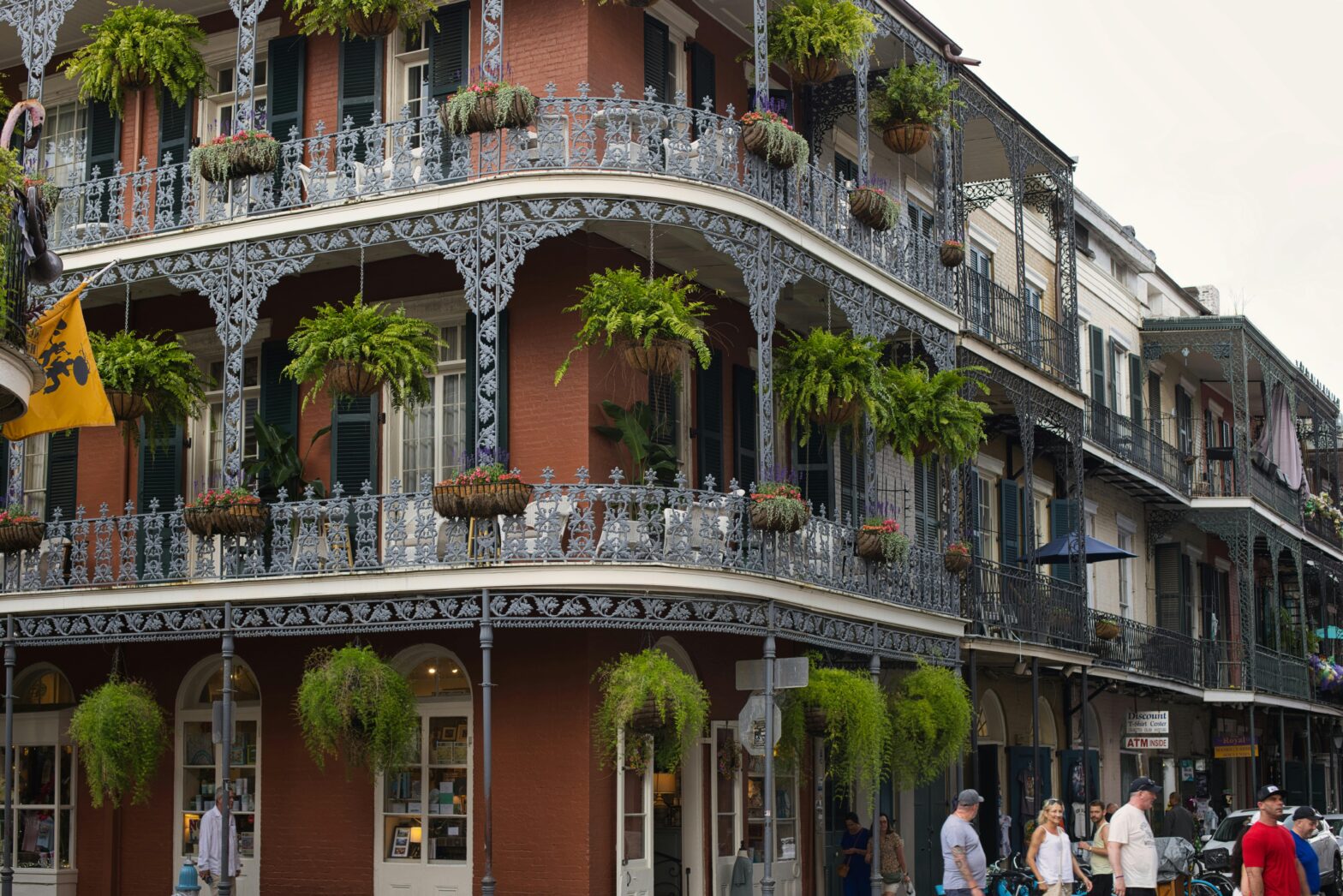I was at dinner with three well-traveled friends recently and asked each one how they felt about Paris. I got three different answers.
Two friends consider it one of the first destinations for people new to traveling, thanks to its iconic landmarks, such as the Eiffel Tower, the Louvre, and the Arc de Triomphe. The other friend wasn’t thrilled with the food, but collectively, we agree that you get goosebumps every time the Eiffel Tower sparkles at night. It will stop you in your tracks every time.
As someone who has traveled to Paris several times, I would have agreed with my friends if it weren’t for my recent experience exploring Black culture, which left me both speechless and disappointed that I couldn’t stay longer to learn more. My recent trip to Paris was an authentic experience that explored the creativity, impact, and history of the African diasporas through gastronomy, lifestyle, and art.
Centre Pompidou’s New Exhibition Honors Black Artists Who Never Got The Recognition They Deserved
Centre Pompidou’s new exhibition, Paris Noir, celebrates 150 Black artists from Africa, the Americas, and the Caribbean between 1950 and 2000.
“Black Paris” shows Paris as a place of resistance for Black artists. From international to Afro-Atlantic abstractions, via surrealism and free figuration, this historical journey reveals the importance of artists of African descent in redefining Modernism and Postmodernism.
“Sometimes they were just passing [through Paris], but most of the artists represented here [either] spent a lot of time in France or most of their lives here,” said Alicia Knock, the lead curator of the exhibition, adding that these artists did not receive the recognition they deserved.

- It’s worth noting that the Centre Pompidou is scheduled to close for a five-year renovation beginning in the fall of 2025, with a reopening planned for 2030. Paris Noir Tickets can be purchased until June 30.
Discover The Untold Stories Of Black Paris With A Guided Walking Tour
Kévi Donat has worked as a Parisian tour guide since 2011, but found himself consistently answering the question, “Why are there so many Black people in Paris?” These questions, combined with how French people speak about France, led him to create tours that focus on the legacy of people from Africa, the Caribbean, and the United States.
Donat’s tour examines Black history and its profound influence on the city. Our tour began in the Pigalle district, tracing the arrival of African Americans in France during World War I.
Through the tour, we learned that while the U.S. did not allow Black people to fight and relegated them to non-combat roles with less pay, France allowed Black soldiers to fight in the French military and alongside other allied forces. Black American soldiers, specifically the Harlem Hellfighters, are credited with introducing Jazz to France during World War I.
Donat explained how many Black American soldiers chose to stay in France after the war instead of returning to the U.S. due to widespread racism and discrimination. We discovered neighborhoods where American writer and Civil Rights Activist James Baldwin visited, learned about Le Grand Duc, the Jazz Club where Langston Hughes worked, and explored sites that were once Black-owned Jazz clubs.

Connect With Black Paris Through Cuisine
La Table Penja
Before 2007, Chef Pierre Siewe said it was challenging to find Black-owned restaurants, but now more chefs like himself are embracing their African or Caribbean heritage. He recently opened La Table Penja, which has already garnered rave reviews for how he celebrates the heritage and creativity of African culinary traditions in Paris. Chef Siewe says his dishes are a fusion of African and French gastronomy.
While his background is Cameroonian, the menu reflects the cuisines he experienced personally in the places he visited in Africa. The menu consistently changes because Chef Pierre uses in-season and rare ingredients he brings back from his travels in Africa.

Kuti Restaurant
Another Black-owned restaurant in Paris we tried was Kuti Restaurant by Antoine Joss Lecocq. Known for its “African Street Food,” he created Kuti to tell the story of African cuisines through high-quality products and unique culinary experiences that showcase African cuisine beyond borders and oceans. His restaurant is inspired by the legacy of Fela Kuti, the legendary pioneer of Afrobeat, whose music and activism celebrated Black identity, freedom, and cultural pride.
The team spent months researching the culinary traditions of Cameroon, Senegal, Nigeria, Ghana, and other countries. Lecocq pushes the boundaries of African cuisine, creating new flavors and contemporary dishes.
Baraka by Chef Anto Cocagne
Baraka by Chef Anto Cocagne is not a restaurant, but a unique spot where people can discover the rich flavors of African cuisine. She has spices, coffee, tea, honey, sauces, and a variety of other items.
Chef Cocagne was inspired by the historic neighborhood in Libreville, Gabon, where she grew up. Her collection of African-inspired fashion, home décor, and gourmet products pays homage to her childhood memories. She also offers cooking classes for all skill levels for people interested in learning to make African cuisine.

Engage With Black Paris At Little Africa Paris Village
Little Africa Paris Village is a multidisciplinary space that brings together the African diaspora from Paris. It’s a community, marketplace, art gallery, and space to celebrate Black culture in the heart of Paris’ 18th Arrondissement, known as Little Africa.
Little Africa started as a way for Founder and CEO Jacqueline Ngo Mpii to explore the Black history and culture in Paris. She began mapping what she found and eventually provided tours for other people interested in learning. What she was doing gained so much traction that people started requesting more recommendations beyond the tours. Using her experience as a tour guide and her resources, she later created the Little Africa City Guide “Afrique à Paris.”
Her physical space, Little Africa Paris Village, recently opened and started in the same way as her guidebook. Customers and travelers thought Little Africa was a physical space rather than a neighborhood, so she created one.

Other Black Experiences That Will Surprise You
Visit to the Panthéon Where Joséphine Baker Is Honored
Josephine Baker is the ultimate Black expat and an iconic symbol of the Black Paris era, when Black artists made Paris their home. While she was a celebrated dancer, singer, and actress, there is more to her story.
Baker was a World War II resistance fighter and a civil rights activist. In 2021, she became the first Black woman to be inducted into the Panthéon, honoring her fight for freedom, equality, and justice.
Sape Bar Inside 25H Hotel
Located inside the 25H Hotel, Sape Bar is one of the few hotel spaces that honors La Sape (“Society of Ambiance-Makers and Elegant People”), a fashion movement originating from the Congo. It’s an incredible and fashionable space for cocktails.

Visit The Only Black Woman Currently Designing Glasses
Located in the heart of La Goutte d’Or, near the Sacré-Cœur, Maïmouna Tirera is the founder of Maïwax. She has been creating original eyewear that combines French expertise with African heritage since 2015.
Located in the lively and diverse Little Africa of Paris, the boutique reflects this unique blend with its vibrant wax patterns, natural materials, and friendly atmosphere. According to Tirera, she is currently the only Black woman in France who designs her glasses from start to finish.
